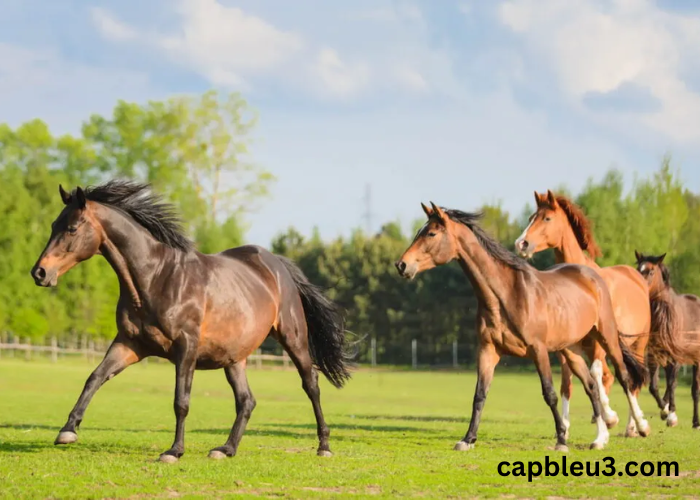
Horses have long held a place of reverence and fascination in human history and culture. Their majestic presence, combined with their remarkable versatility, has made them integral to the development of societies around the world. From ancient times to the present day, horses have not only served as companions and working animals but have also shaped human culture in profound ways. Discover the latest courses and resources for casacourse. Enhance your knowledge and skills with our comprehensive online platform.
Ancient Beginnings
The story of the horse’s impact on human civilization begins in the steppes of Central Asia around 3500 BCE. The domestication of the horse marked a pivotal moment in history, transforming the way humans traveled, waged war, and engaged in trade. Early societies quickly realized the benefits of this new partnership, utilizing horses for transportation and as a means of increasing agricultural productivity. The spread of horse-drawn chariots across ancient civilizations like Egypt, Mesopotamia, and China revolutionized warfare and communication.
Horses in War and Exploration
Throughout history, horses have played a crucial role in warfare. The mounted cavalry, from the Greek hoplites to the Mongol horse archers, changed the dynamics of battlefields. Their speed, maneuverability, and stamina allowed armies to conduct swift and effective campaigns, often determining the outcomes of conflicts.
In exploration, horses have been indispensable companions. The journeys of explorers such as Alexander the Great, Genghis Khan, and Christopher Columbus were facilitated by their trusty steeds. Horses provided the necessary mobility to traverse vast distances, discover new lands, and expand the horizons of human knowledge.
Cultural Significance
Horses have also woven themselves into the cultural fabric of societies. In mythology and folklore, they often symbolize power, freedom, and nobility. In ancient Greek mythology, for instance, the winged horse Pegasus represents inspiration and poetic genius. Similarly, in Native American cultures, the horse is a symbol of spiritual power and a vital part of ceremonial life.
The impact of horses extends to art and literature as well. From classical paintings depicting heroic steeds to modern literature featuring horse racing or equestrian sports, horses have inspired countless creative works. The image of the horse in art often reflects its significance in human life—whether as a symbol of strength and grace or as a faithful companion.
The Modern Era
In contemporary times, the role of horses has evolved but remains significant. They are celebrated in sports such as racing, show jumping, and dressage, where their agility and training are showcased. The bond between humans and horses is also evident in therapeutic settings; equine-assisted therapy has become an important tool in treating various physical and psychological conditions.
Moreover, horses continue to capture the imagination and affection of people worldwide. Their presence in recreational activities, from trail riding to rodeo events, underscores the enduring appeal of these majestic animals.
Conclusion
The relationship between humans and horses is a testament to the profound impact that animals can have on human development and culture. From their early domestication to their modern-day roles, horses have been more than mere beasts of burden—they have been symbols of power, partners in progress, and sources of inspiration. As we look to the future, the majestic world of horses continues to remind us of the deep and enduring connection between humanity and the natural world.